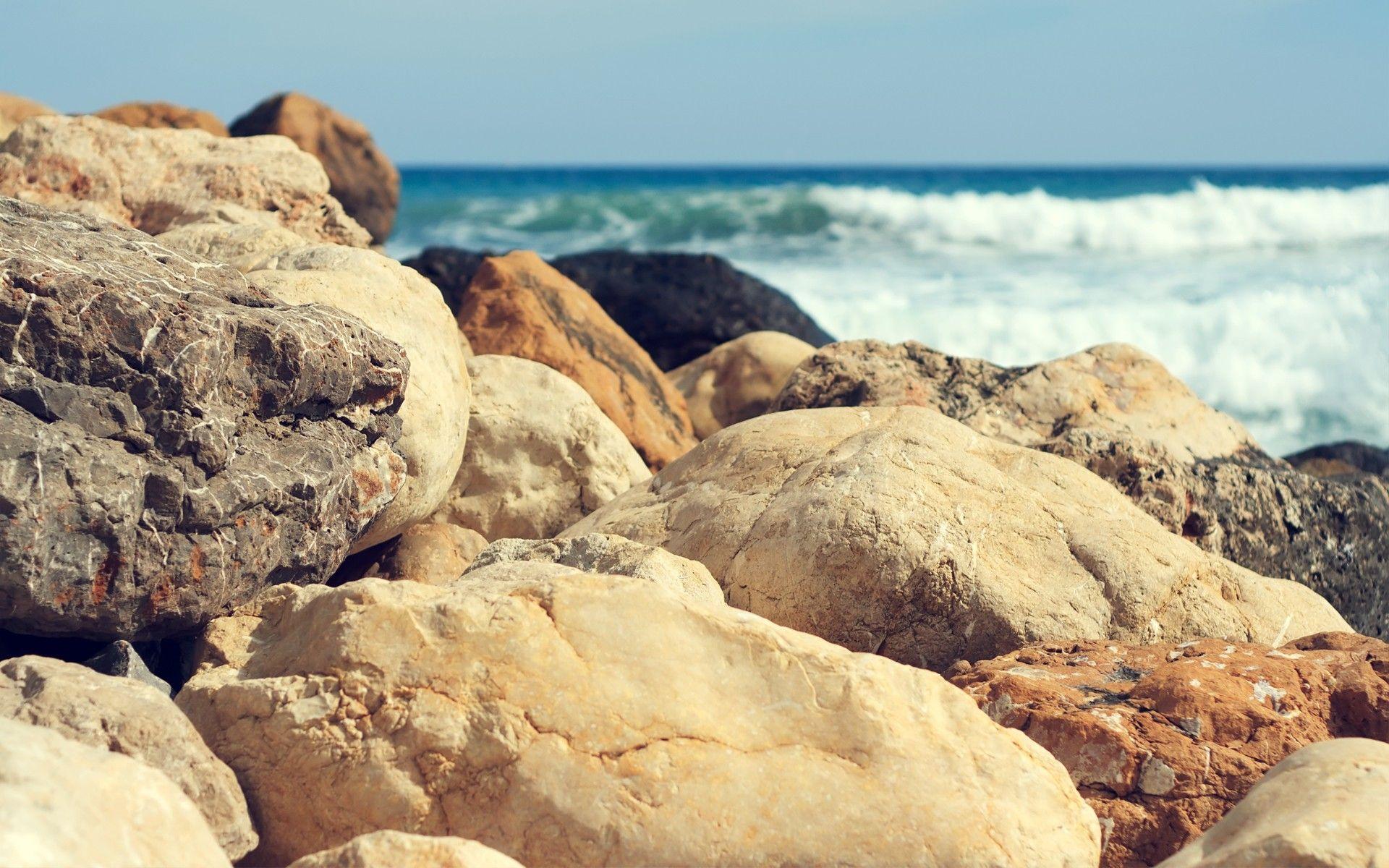
Beach Rocks Wallpapers Top Free Beach Rocks Backgrounds WallpaperAccess
The most common rocks to find on the beach are igneous rhyolites, basalt, gabbro, granite, dolerite, obsidian, and pumice; sedimentary dolomite rock, conglomerate, and sandstone; metamorphic rocks like milky quartz, chert, chalcedony, amethyst, slate, smokey quartz, and rocks with quartz veining.
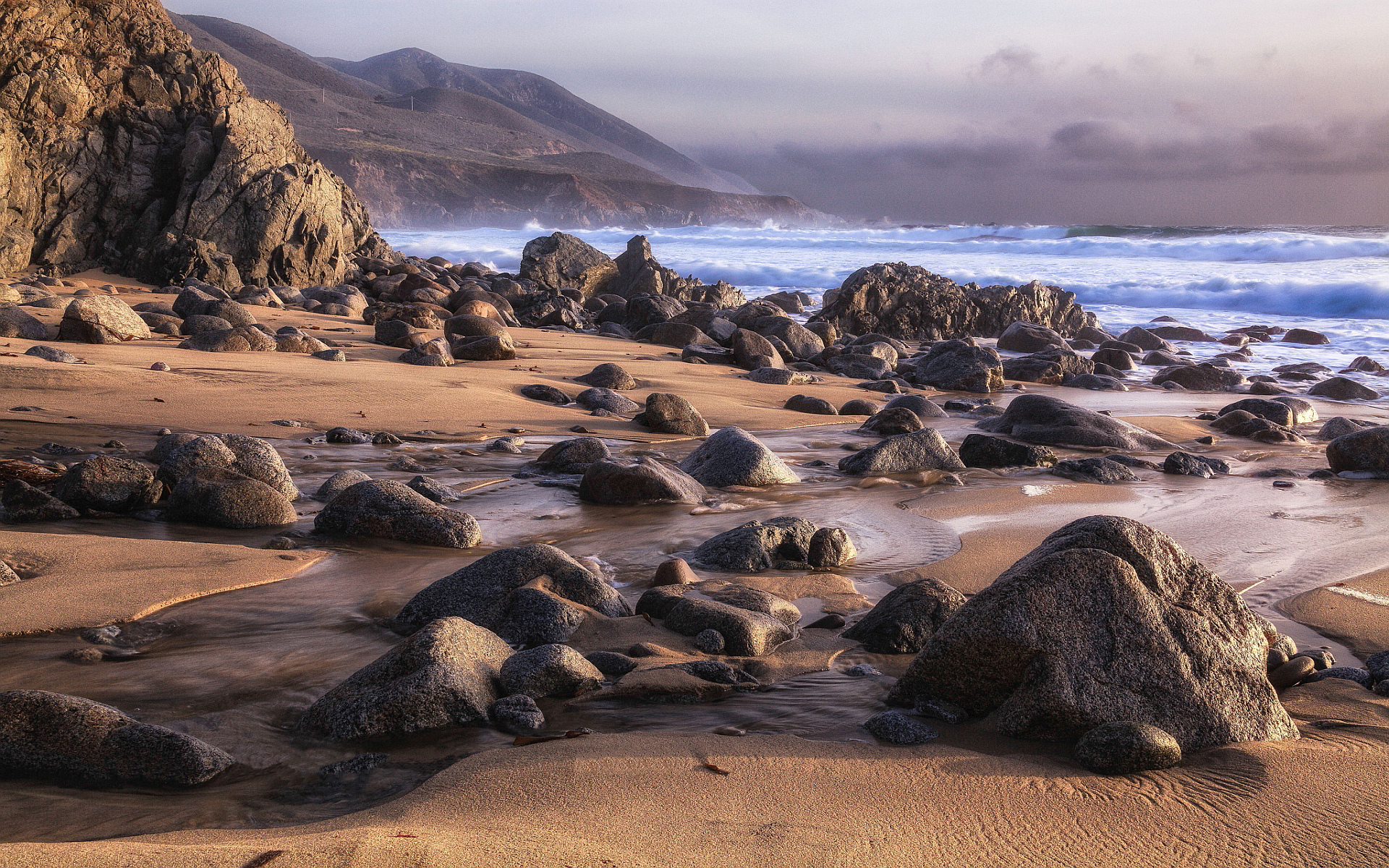
Beach shore rocks wallpaper 1920x1200 29250
Here are some common types of beach rocks: 1. Igneous Rocks: Igneous rocks are formed from the solidification of molten lava or magma. They can be found on beaches in the form of basalt, granite, and obsidian. These rocks are often dense and can have a range of textures and colors. 2. Sedimentary Rocks:

Wallpaper sea, rock, nature, sand, beach, rocks, gravel, material
Fascinating facts and photos featuring the most common beach stones found along Lake Michigan shorelines, as well as several unusual kinds; includes various types of basalt, septarian, limestone, granite, gabbro, diorite, gneiss, schist, sandstone, siltstone, mudstone, geodes, chalcedony and agate.
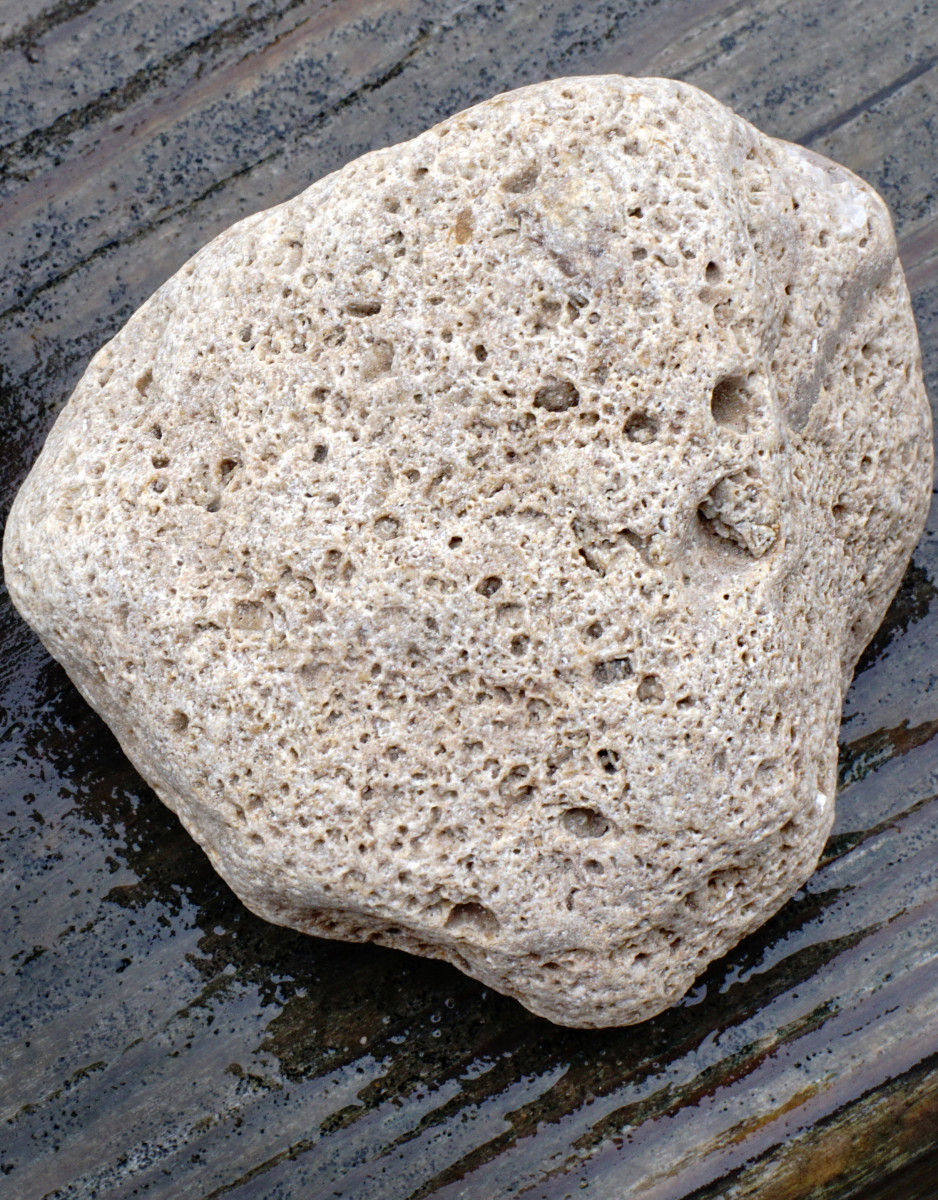
Common Beach Stone Identification (Including Dolomite, Quartz
3. Chalcedony Beach Stones. If your beach stone has a dull or bubbled surface, it might be an old chalcedony stone, costing $10 - 100 per carat. Such rocks have a vitreous luster and a Moh's hardness of 6.5 - 7. Plus, you'll get them in red, blue, green, and orange colors too! 4.
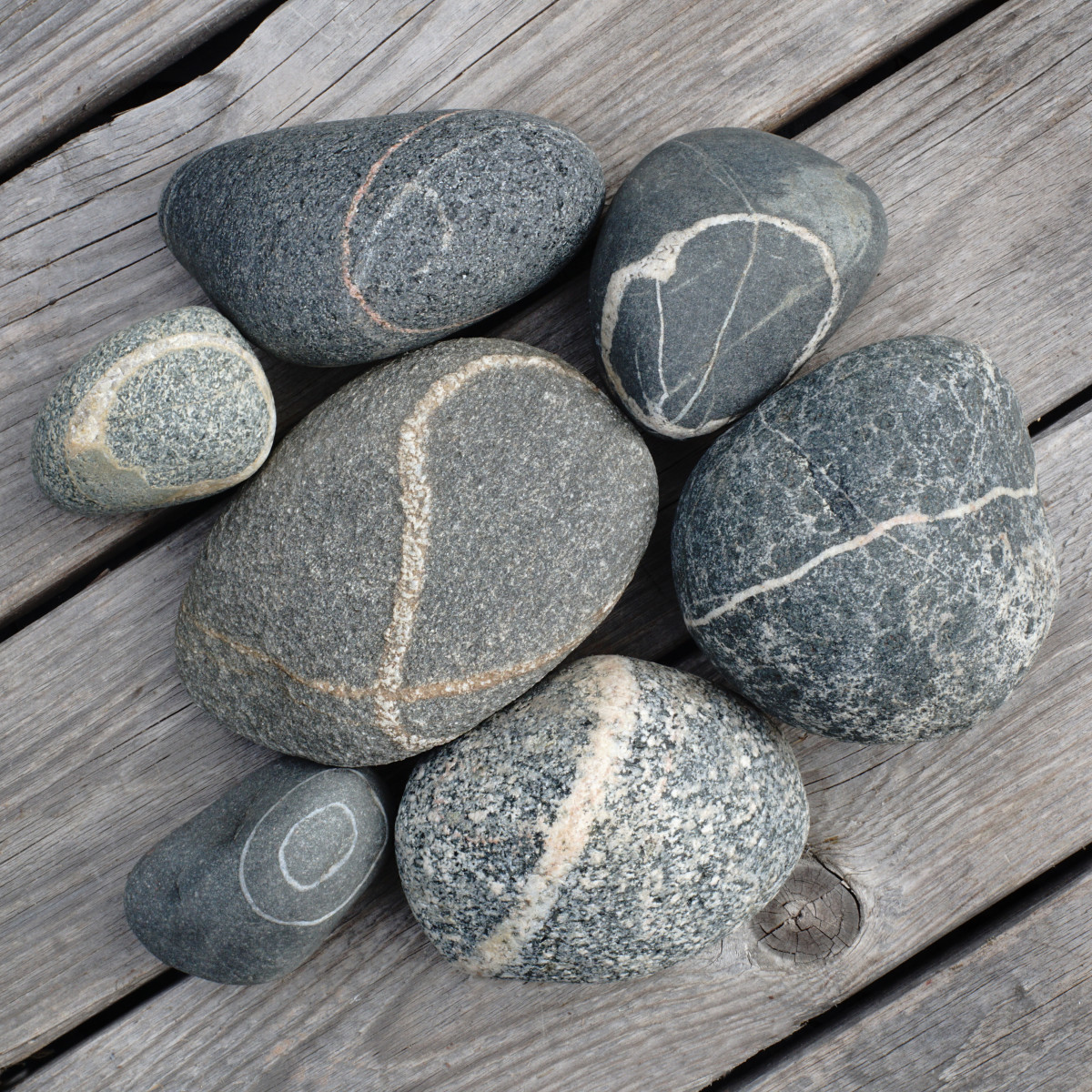
Common Beach Stone Identification (Including Dolomite, Quartz
The main ones are: the water, where you swim; the foreshore, or the intertidal zone, which is the part of the beach that is covered at high tide and exposed at low tide; and the beach berm, which is the area between the foreshore and the inland. The berm area is usually a plateau or slight backwards slope.

Rocks on the beach Beach, Outdoor, Water
Here are eight beach finds common to Michigan's varied beaches. 1. Beach Glass. Beach glass comes from discarded glass fragments and is highly collectible. Mother Nature's hand smoothes it and often creates a frosted look. Although glass can be found on most beaches, glass found in freshwater is called beach glass whereas the term sea glass.

Common Beach Stone Identification (Including Dolomite, Quartz
Pebble Beach A beach is a narrow strip of land separating a body of water from inland areas. Beaches are usually made of sand, tiny grains of rocks and minerals that have been worn down by constant pounding by wind and waves. This beach, in Pebble Beach, California, has both sandy and rocky features. Photograph by Michele Sutton, My Shot Photograph

Common Beach Stone Identification (Including Dolomite, Quartz
Part 1 - Identifying Beach Stones & Agates around Lake Superior Part 2 - Recognizing Rocks & Agate Collected on Lake Superior Beaches. Lake Superior Agate Festival Rock & Agate Tumbling Rock Tumbling Lake Superior Rocks & Gemstones. Tumbling and polishing Agates - Agate pictures & some tips on using tumbling pellets.

Rocks on the seashore from Rocks & Minerals {Eyewitness} Rock
AGATES - ORBICULAR JASPER - PETRIFIED WOOD AGATES Agates are a favorite semi-precious stone that most seasoned beach combers hunt for while exploring a beach. They are found throughout the Pacific Northwest and most of the U.S. in different shapes, color, banding and opacity.

Free Images beach, sea, sand, rock, round, shore, stone, collection
Beach agates Agates are a very unique translucent gemstone with beautiful color patterns and banding. Structurally speaking, agate is a banded form of finely-grained, microcrystalline Quartz. There are many distinctive styles and patterns to agates, but each stone is unique, with no two agates ever being the same.

Common Beach Stone Identification (Including Dolomite, Quartz
Beach sediment is categorized by three main types depending on its origin: Terrigenous Parent Material (derived from land) Volcanic Parent Material (derived from volcanic activity) Biogenic Parent Material (derived from shells and skeletons of marine organisms)

beach, Macro, Nature, Pebbles, Sea, Stones, Textures Wallpapers HD
A place of any kind where bedrock is lying out in the open ready for your hammer is called an exposure; a naturally occurring exposure is called an outcrop. Outcrops may be found at the beach or along a river bank. In fact, in many geographic regions, these are the only places to find them.
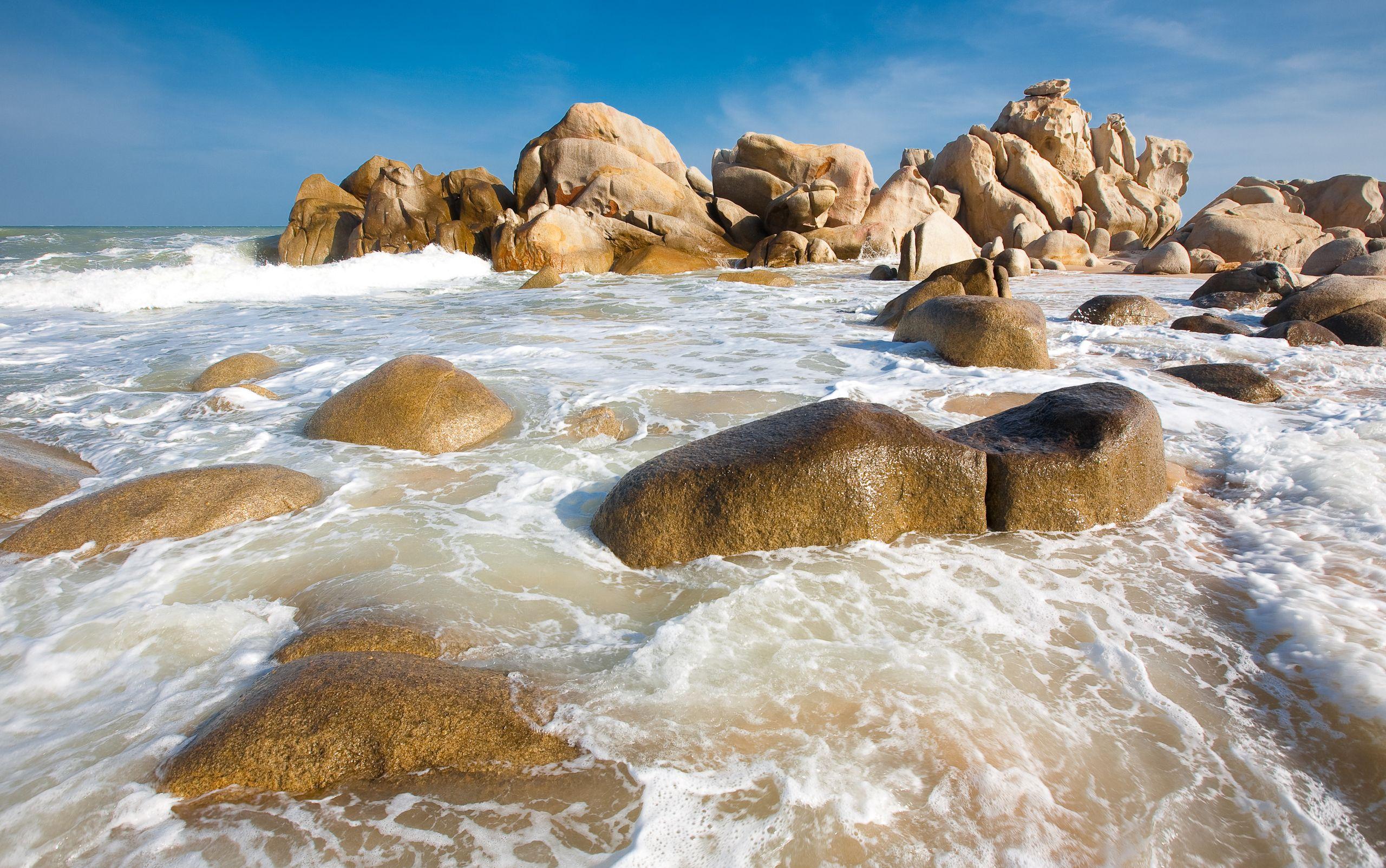
Beach Rocks Wallpapers Top Free Beach Rocks Backgrounds WallpaperAccess
Beach pebbles are formed gradually over time as the ocean water washes over loose rock particles. The result is a smooth, rounded appearance. The typical size range is from 2/4 mm to 64 mm. The colors range from translucent white to black and include shades of yellow, brown, red, and green.

Common Beach Stone Identification (Including Dolomite, Quartz
Sources of beach sand Beach variables Types of beaches Beach parts Berms Beach cusps What is a beach? A beach is the land along the edge of a body of water and is usually made up of any number of materials - sand, gravel, pebbles, cobbles, rock, or shells.
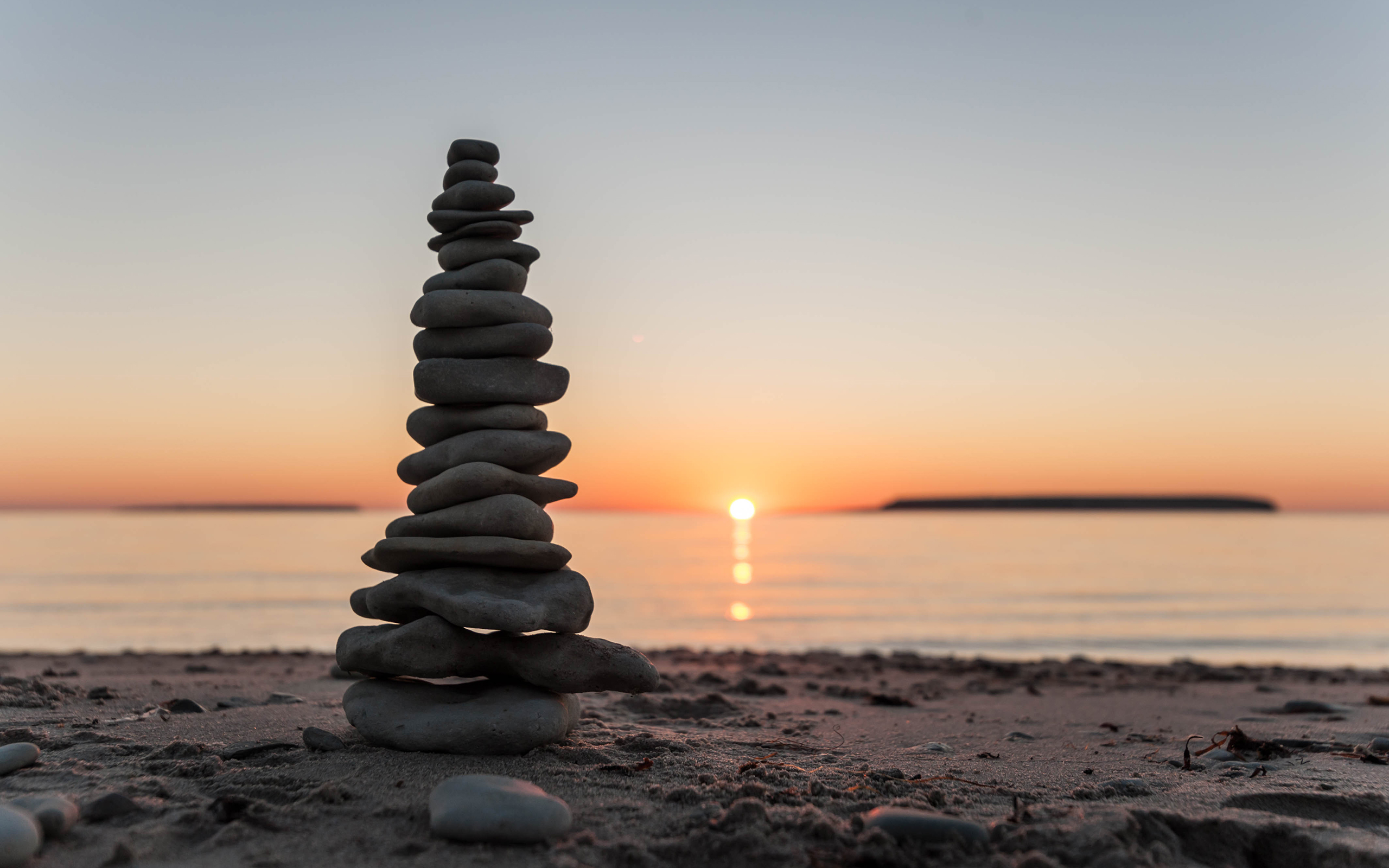
Download wallpaper for 2048x1152 resolution Rocks Stones Stacked
1. Sedimentary Rocks Sedimentary rocks are formed on or near the surface of the Earth. This sets this rock variety apart from the other two common types of rocks, igneous and sedimentary. These rock types need the ocean or other large quantities of water to form.
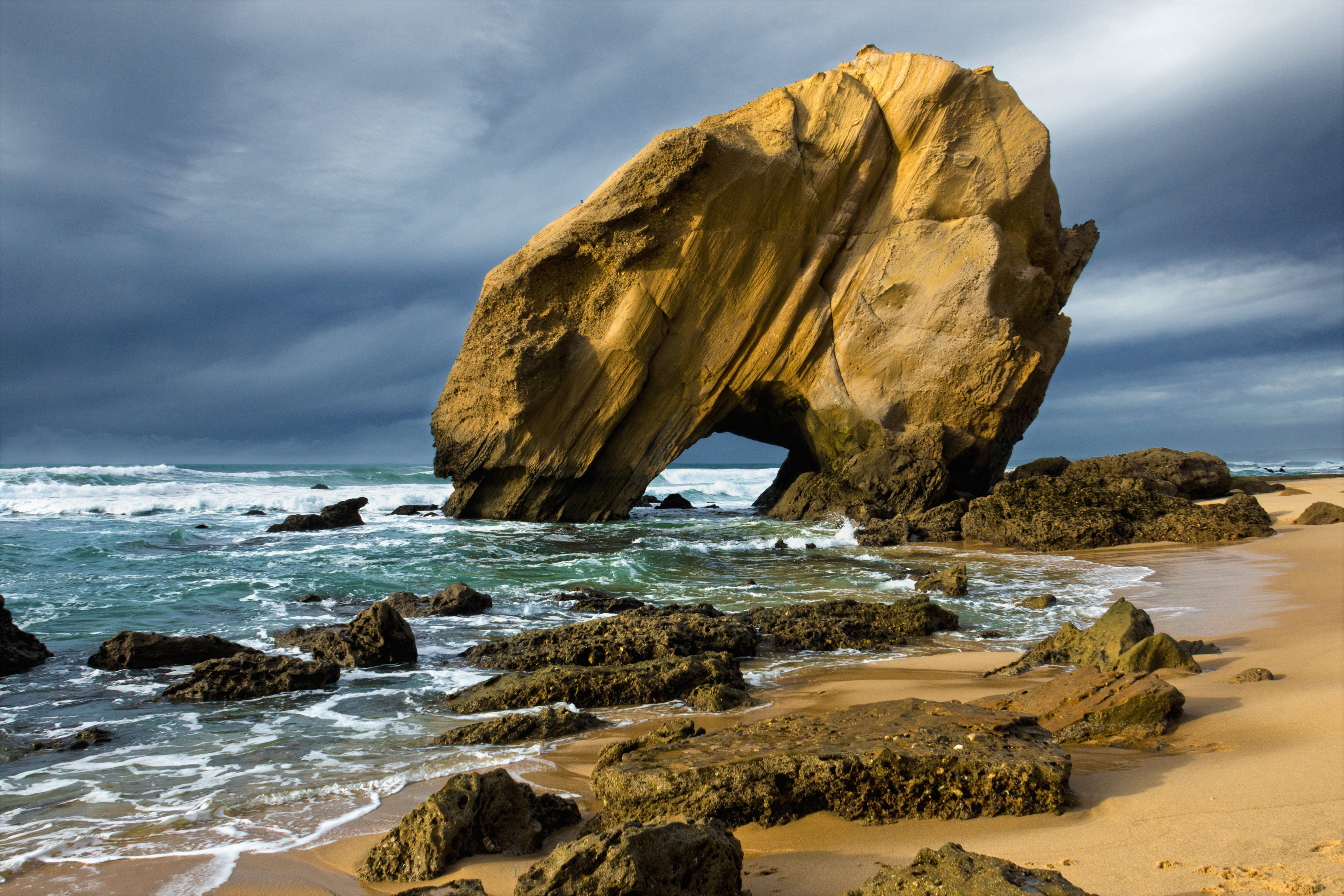
Unusuallyshaped Rocks on the Beach
All rocks, including those you can find on the beach, fall under one of the three categories: Igneous, sedimentary, and metamorphic. Let's explain each category to you. Igneous rocks mostly form under scorching temperatures, generally under the Earth's surface. Some examples include basalt, obsidian, and pumice.